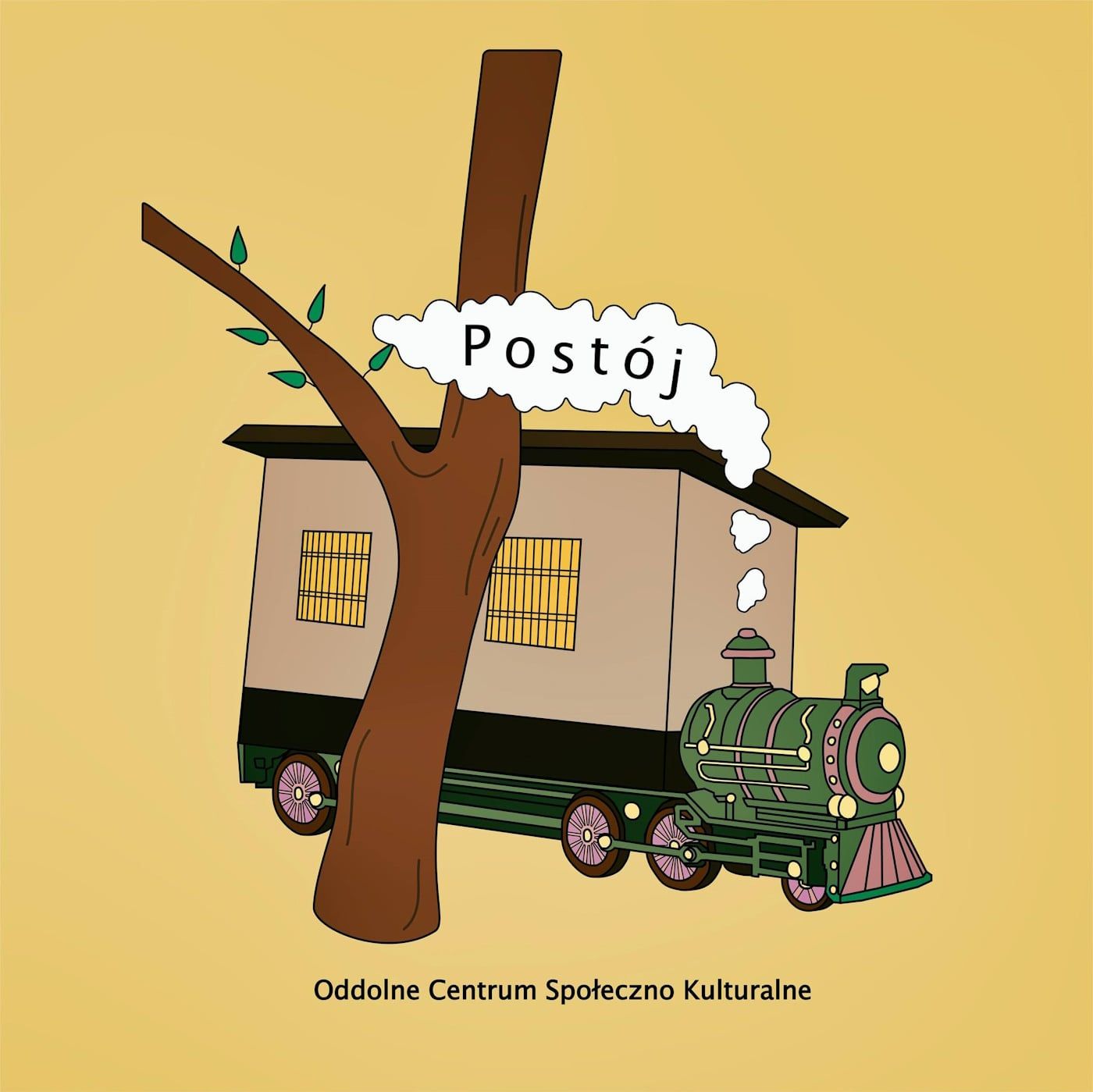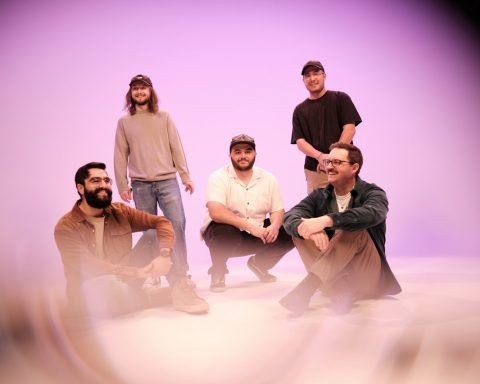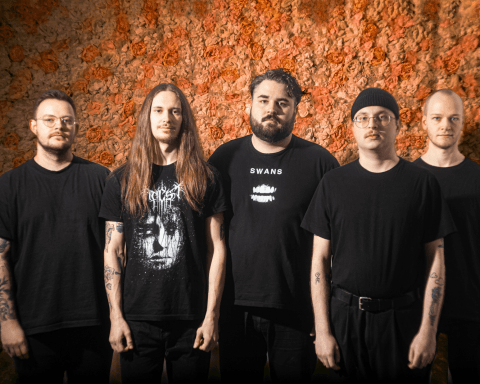Following the COVID-19 pandemic, the landscape of music composition has also undergone a remarkable transformation. This can be largely attributed to the rise of remote work.
Today, if you add the keyword ‘remote’ to a job search phrase like composer jobs remote for example, you’ll be surprised at the multitude of job postings that will pop up. With the new norm, music composers harness the power of virtual collaboration to usher in a new era of creative possibilities.
This article explores the growing significance of remote work for music composers. In particular, it highlights the pivotal role of technology in enabling seamless virtual music composition processes. As composers embrace the advantages of remote work, the traditional studio is gradually giving way to innovative virtual setups, leading to a paradigm shift in the music industry.
How do you collaborate on Music Remotely?
Collaborating on music remotely has become a seamless process today. All, thanks to an array of cutting-edge tools and software designed to transcend geographical boundaries.
Other than job boards like Jooble that make it easy for modern music composers to connect with clients, there are virtual collaboration platforms that have become the norm in the digital age. They enable music composers to work together in real-time. It doesn’t matter where they are located.
One of the best examples of tools for remote music collaboration is “Splice.” Splice is a cloud-based platform that allows composers to share and collaborate on music projects effortlessly.
Users can upload their project files, including audio stems and MIDI data, to Splice, where others can access and work on them in real-time. The platform also offers version control, ensuring that all changes are saved and accessible.
Composers can leave comments and feedback directly on the project, facilitating seamless communication among team members. Splice’s integrated chat feature further streamlines communication, making it an invaluable tool for remote music collaboration.
Another exceptional platform for remote music collaboration is “Ableton Live.” This digital audio workstation (DAW) is widely used by composers, producers, and artists worldwide.
Ableton Live’s “Live Collaboration” feature allows multiple users to work on the same project simultaneously. Through a shared link, collaborators can join the session and contribute their musical ideas in real-time.
This enables composers to harness the diverse talent and expertise of musicians, producers, and sound engineers from different parts of the globe. Ableton Live also supports third-party plugins, enhancing its versatility and appeal to a wide range of music creators.
Another standout tool in the virtual collaboration space is “Soundtrap” by Spotify. Soundtrap is a browser-based DAW that enables seamless and synchronous music collaboration.
Composers can create, edit, and share music projects online, making it ideal for remote teams working across time zones. Soundtrap’s intuitive interface allows for easy project sharing, and composers can provide feedback, tweak arrangements, and add new elements collaboratively.
Its multi-platform compatibility enables users to work on projects using various devices, like laptops, tablets, or smartphones, ensuring a truly flexible and accessible experience. Despite the advantages, remote music collaboration does come with some challenges.
Latency issues can affect real-time collaboration, leading to synchronization problems. Also, miscommunications can arise due to limited non-verbal cues in virtual interactions. However, these obstacles are continuously being addressed through advancements in technology and improved network infrastructures.
What Key Skills Does a Music Composer who works remotely need?
Modern music composers working remotely must possess a well-rounded set of skills beyond musical talent. These essential skills not only enhance the creative process but also enable effective collaboration with teams across the globe. Here are the key skills for modern music composers;
• Adaptability: In the fast-paced digital era, technology is constantly evolving, revolutionizing the way composers create and collaborate. Remote music composers must stay agile and adaptable to embrace new tools, software, and virtual communication platforms. Whether it’s exploring cutting-edge virtual instruments or mastering cloud-based collaboration tools, adaptability enables composers to remain relevant and innovative. Embracing change and being open to experimenting with new methods and technologies can elevate the quality and versatility of a composer’s work.
• Communication: Effective communication is the cornerstone of seamless remote collaboration. Music composers must be adept at expressing their creative vision and ideas to their team members, even when working from a distance. Clear and concise communication ensures that all stakeholders understand the project’s objectives and can collectively contribute to its success. Whether through video conferencing, messaging platforms, or email, fostering open lines of communication enhances creativity and minimizes misunderstandings, ensuring a harmonious workflow.
• Project Management: Remote music composition requires disciplined project management skills to stay organized, meet deadlines, and deliver exceptional results. Composers must be proficient in planning their workflow, setting milestones, and allocating tasks efficiently. Virtual project management tools can aid in tracking progress and prioritizing assignments. Effective project management ensures that composers can navigate complex compositions with multiple collaborators seamlessly, resulting in a coherent and well-executed musical piece.
• Reliability: Reliability is a hallmark of a successful remote music composer. As virtual collaboration relies heavily on trust, team members need to depend on each other’s commitment and consistency. Composers who consistently deliver high-quality work on time build a reputation for reliability, attracting more opportunities and forging lasting partnerships with artists and clients alike.
• Flexibility: The ability to adapt to changing circumstances and embrace unforeseen challenges is key to a composer’s resilience in remote work. Whether it’s accommodating shifting project requirements or adjusting to different time zones, flexibility enables composers to maintain a positive and productive attitude in any situation. Adapting one’s approach to accommodate the needs of various collaborators fosters a harmonious working relationship and encourages a creative synergy within the team.
• Teamwork: While remote music composition may have composers physically apart, collaboration remains essential for producing exceptional music. The ability to work well as part of a team involves not only being receptive to others’ ideas. It also involves contributing constructively to the overall project. Understanding one’s role within the team and valuing the contributions of other team members cultivates a positive and collaborative work environment. This lays the ground work for greater creativity and collective success.
Closing Thoughts
The rise of remote work has revolutionized the modern music composer’s workflow, opening up new horizons for creativity and global collaboration. While embracing technology and preserving the essence of artistic expression, composers can leverage the best of both worlds.
As the virtual studio becomes the new norm, music composers are poised to shape the future of the industry, breaking down geographical barriers to create harmonious melodies from afar.
Meta Description: Explore the critical skills composers must possess, to harness the potential of virtual collaboration and unleash their creative genius. Read here.















